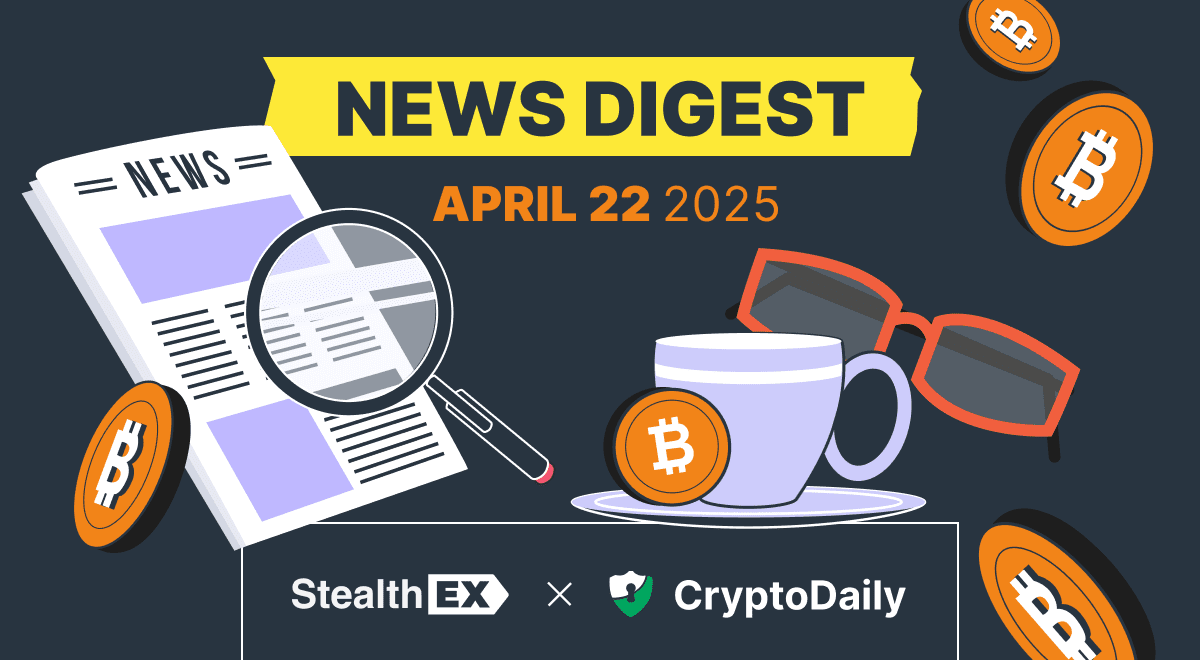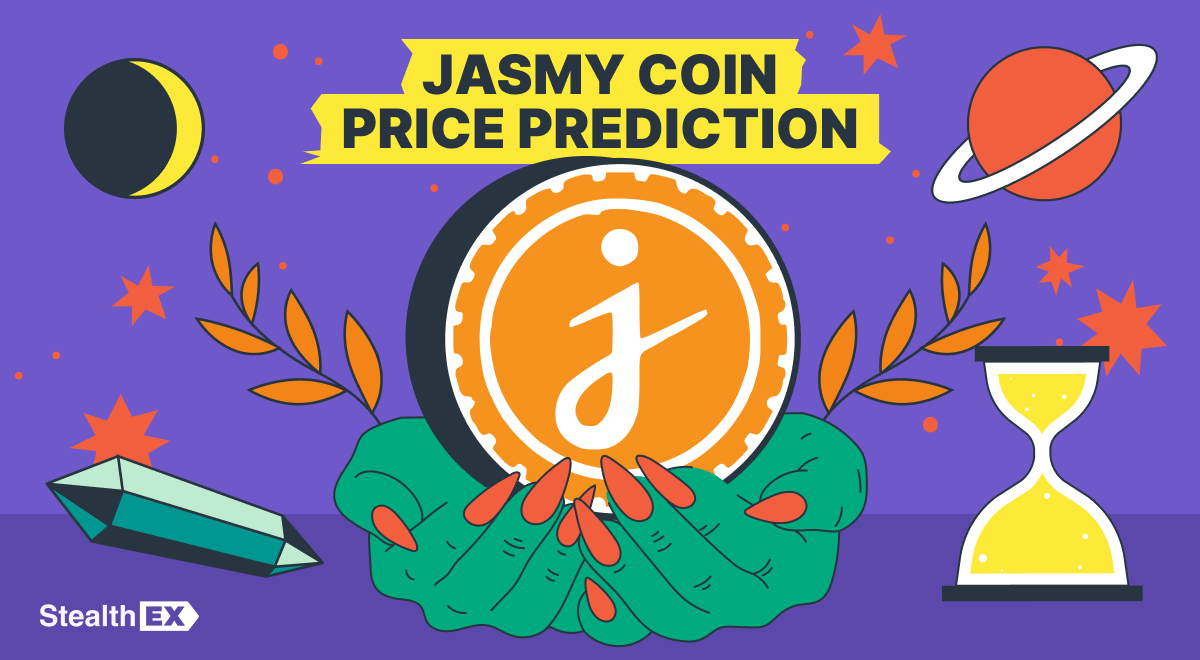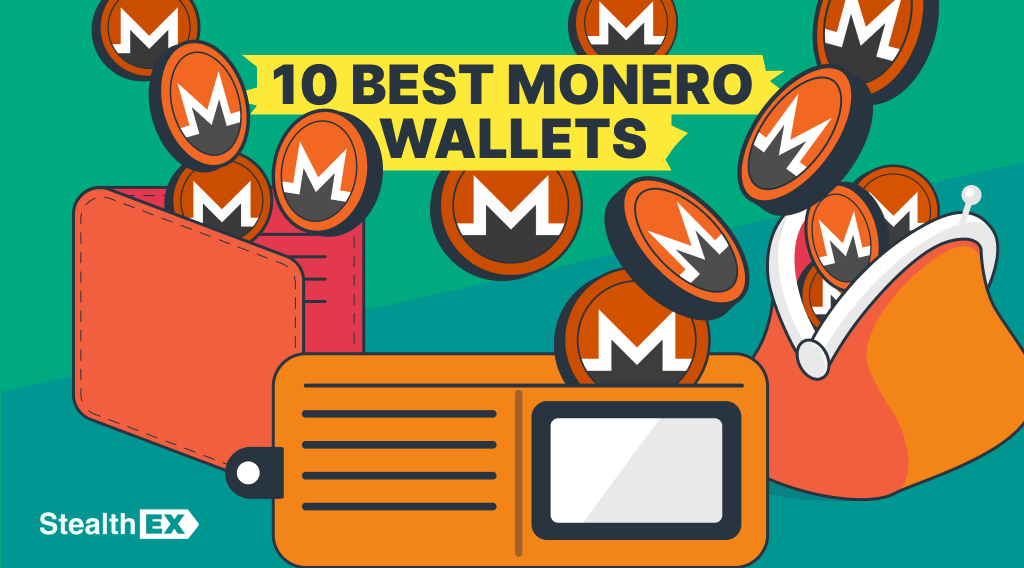Swiss Spar Accepts Crypto, Metaplanet Buys $28M BTC &Slovenia Tax

Big news is always rolling in from StealthEX and CryptoDaily. We keep our eyes on the market so you don’t have to. Each week, we round up the most exciting crypto updates. No fluff. Just straight facts and simple breakdowns. You’ll get the key points fast, without digging through dozens of sites. Ready to catch up? Let’s jump in.

Article contents
- 1 Metaplanet Strengthens Bitcoin Holdings with $28 Million Purchase
- 2 Switzerland’s Spar Supermarket Now Accepts Bitcoin Payments
- 3 Slovenia Plans New 25% Crypto Profit Tax Starting 2026
- 4 Panama City Embraces Crypto for Paying Bills and Bus Rides
- 5 JPMorgan Analysts: Bitcoin Losing Appeal as Safe-Haven Asset
Metaplanet Strengthens Bitcoin Holdings with $28 Million Purchase
Japanese investment firm Metaplanet made a major Bitcoin buy. The Tokyo-listed company spent $28.2 million to add 330 BTC to its balance sheet. This latest acquisition brings its total holdings to an impressive 4,855 BTC, worth over $423 million at current prices.
Metaplanet’s CEO, Simon Gerovich, confirmed this significant purchase on April 21. The company continues to grow its Bitcoin reserves, aiming to hold at least 21,000 BTC by 2026. The recent move follows another big purchase of Bitcoin worth $26.3 million earlier this month.
Thanks to its aggressive buying strategy, Metaplanet is now Asia’s top corporate Bitcoin holder. Globally, it ranks 10th among corporate investors. The firm increased its Bitcoin reserves by more than double this year alone, reflecting strong investor confidence.
Metaplanet finances its crypto acquisitions through its own earnings and capital markets. To keep investors informed, it uses unique indicators like BTC Yield and BTC Gain. These tools help shareholders understand the impact of Bitcoin investments clearly.
For example, Metaplanet’s BTC Yield reached 12.1% for the second quarter of 2025. This figure highlights the company’s ongoing success in expanding its crypto portfolio without diluting its shares excessively. The firm remains transparent, allowing investors to closely track its financial strategy.
Choose StealthEX for Exchange and Buy Crypto.
- User-Friendly — Simple and minimalistic interface for everyone.
- Fast and Private — Instant non-custodial cryptocurrency exchanges.
- Buy crypto with Credit Card.
- 1500+ coins and tokens are available for limitless, quick and easy exchanges.
- NO-KYC crypto exchanges — Buy cryptocurrency up to $700 without KYC!
- StealthEX crypto exchange app — Process crypto swaps at the best rates wherever you are.
- 24/7 Customer Support.
Earn from Each Exchange by Joining StealthEX Affiliate Program.
Become a partner right now and use affiliate tools:
- Public API — Earn from your wallet, aggregator, or exchange terminal.
- Referral Links — Recommend StealthEX to your audience.
- Exchange Widget — Built crypto exchange widget on any page of your website.
- Button — A perfect choice for traffic monetization.
- Banner — Track conversion and stats right in the personal cabinet.
Switzerland’s Spar Supermarket Now Accepts Bitcoin Payments
Shoppers at Switzerland’s Spar supermarket in Zug can now pay with Bitcoin. This new payment option is a first among Swiss supermarkets. Spar has teamed up with DFX Swiss, a local digital asset company, to allow payments via Bitcoin’s Lightning Network, known for fast transactions and low fees.
The store in Zug is located in the heart of “Crypto Valley,” an area known for embracing digital currencies. This move highlights Switzerland’s position as a crypto-friendly nation, particularly in cities like Zug and Lugano. Lugano recently gained attention by integrating Bitcoin into daily life, including payment of taxes and public services.
DFX Swiss emphasized the simplicity of the new Bitcoin payments. Customers scan a QR code at checkout, transferring Bitcoin instantly. Rahim Taghizadegan from Bitcoin Association Switzerland praised the new system for its user-friendliness, making crypto transactions accessible for everyone.
Spar’s entry into Bitcoin payments could inspire other retailers. The supermarket chain is massive, operating nearly 13,000 stores globally and serving millions daily. If successful in Zug, Bitcoin payments might spread to other Spar stores worldwide, encouraging broader adoption of digital currencies in everyday shopping.
Slovenia Plans New 25% Crypto Profit Tax Starting 2026
Slovenia is preparing to introduce a new tax on cryptocurrency profits. Starting January 1, 2026, crypto profits will face a 25% tax rate. The government aims to clarify regulations and align with global standards.
Slovenia’s Finance Ministry released details about the proposal on April 17. Under the new law, gains from exchanging crypto to fiat currencies or buying goods and services with crypto will become taxable. Sending crypto to someone else’s wallet, even as a gift, will also be taxed.
However, some crypto activities will remain tax-free. This includes trades between different cryptocurrencies, like exchanging Bitcoin for Ethereum. Holding crypto without selling or spending it will not trigger taxes either.
The ministry offers an easy option to simplify tax payments. Investors can choose a one-time payment based on 40% of their total crypto holdings as of late 2025. This option is intended to reduce the reporting burden on users.
Finance Minister Klemen Boštjančič says the tax is about fairness, not just revenue. Critics argue the move could drive investors and talent abroad. Slovenia currently has almost 100,000 crypto users, and this number is growing. Public consultation is now underway, giving citizens a chance to share their views.
Panama City Embraces Crypto for Paying Bills and Bus Rides
Residents in Panama City will soon have the option to use cryptocurrencies for everyday payments. Mayor Mayer Mizrachi revealed plans to let people pay taxes, parking tickets, city permits, and even public transport using Bitcoin, Ethereum, USDT, or USDC.
The city cleverly found a way to integrate crypto payments without altering current laws. A local bank partnership ensures all crypto transactions instantly become U.S. dollars. This satisfies regulations that require official payments to be in fiat currency. Citizens get convenience, while the city continues to operate smoothly.
What makes this step stand out is its ease of implementation. There’s no complex legislation or lengthy debates required. Panama City’s method relies on straightforward integration with existing financial systems. This streamlined approach offers an attractive blueprint other cities can easily adopt.
With places like Lugano in Switzerland and Vancouver in Canada already exploring crypto payments, Panama’s simple solution demonstrates that crypto doesn’t have to be complicated. Instead, it can effortlessly blend into daily life.
This practical approach shows the true potential of blockchain technology: not just speculation, but real-world utility. Panama City’s move highlights how crypto might soon become common currency at city halls worldwide.
JPMorgan Analysts: Bitcoin Losing Appeal as Safe-Haven Asset
Bitcoin’s reputation as a reliable safe-haven asset is under question. According to new JPMorgan research, investors facing global uncertainty prefer gold and traditional assets over Bitcoin. Analysts pointed out gold’s growing popularity, contrasting sharply with Bitcoin’s declining demand.
In early 2025, investors poured more than $21 billion into gold ETFs, driven mainly by inflows from China and Hong Kong. Meanwhile, Bitcoin ETFs recorded steady outflows for three months straight. JPMorgan’s team, led by Nikolaos Panigirtzoglou, noted investors are clearly shifting away from Bitcoin.
The report stressed that Bitcoin’s downturn relates directly to reduced speculative trading and weaker futures market activity. Investors seem cautious, turning instead to historically stable assets like the Swiss franc, Japanese yen, and gold.
JPMorgan also argued Bitcoin’s recent volatility and correlation with the stock market undermine its role as “digital gold.” Canadian billionaire Frank Giustra reinforced this viewpoint, claiming Bitcoin never traded similarly to gold.
With Bitcoin trailing gold’s performance by nearly 29% this year, analysts suggest the cryptocurrency lacks the stability investors seek in uncertain times. Bitcoin’s struggles in 2025 could prompt investors to reconsider its place in their portfolios.
This article is not supposed to provide financial advice. Digital assets are risky. Be sure to do your own research and consult your financial advisor before investing.
Bitcoin BTC crypto taxes crypto world CryptoDailyRecent Articles on Cryptocurrency
 JASMY Coin Price Prediction: Will JASMY Coin Hit $1?
JASMY Coin Price Prediction: Will JASMY Coin Hit $1?  Best Monero Wallets: How to Safely Store XMR?
Best Monero Wallets: How to Safely Store XMR? 